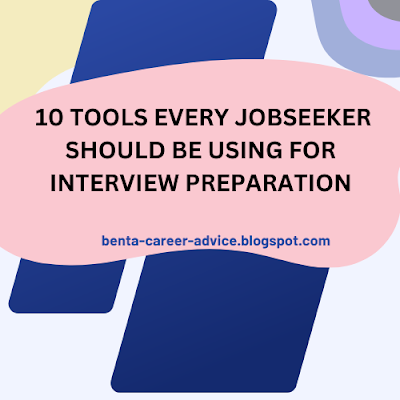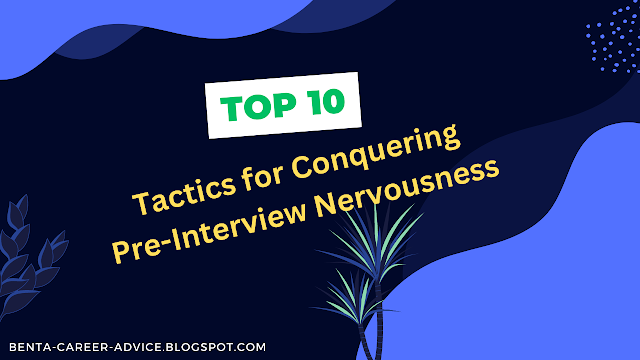Finding a job can be a challenging task, especially if you’re not sure how to prepare for interviews. However, there are many tools and resources that can help you in your interview preparation and increase your chances of landing your dream job. In this article, we’ll discuss ten essential tools every jobseeker should be using for interview preparation.
(1) LinkedIn
LinkedIn is the world's largest professional networking site with over 700 million members in more than 200 countries and territories worldwide. As a jobseeker, LinkedIn can be an invaluable tool for finding job opportunities and connecting with recruiters and potential employers. You can create a profile that highlights your skills and experience and actively search for jobs and companies that align with your career goals. Additionally, LinkedIn offers a wealth of resources for interview preparation, including articles and videos on interview tips, common interview questions, and strategies for answering them.
(2) Glassdoor
Glassdoor is a popular job search and career resource website that provides valuable insights into company culture, salaries, and interview processes. With Glassdoor, you can research specific companies and read reviews from current and former employees. This can help you gain a better understanding of the company culture, work environment, and typical interview questions.
(3) Indeed
Indeed is another popular job search website that offers a wide range of job listings from various industries and locations. With Indeed, you can set up job alerts and receive notifications when new job postings match your criteria. Additionally, Indeed offers a variety of interview resources, including interview questions and tips on how to answer them.
(4) Jobscan
Jobscan is a web-based tool that helps jobseekers optimize their resumes and cover letters for applicant tracking systems (ATS). Many companies use ATS to screen resumes and filter out candidates who don't meet their criteria. Jobscan helps you analyze your resume and cover letter against the job description to ensure that your application materials are ATS-friendly.
(5) InterviewStream
InterviewStream is an online tool that allows jobseekers to practice their interview skills by recording and reviewing their answers to common interview questions. With InterviewStream, you can select from a library of pre-recorded interview questions and receive feedback on your responses from experts.
(6) Grammarly
Grammarly is an online writing tool that helps jobseekers improve their writing skills by identifying grammar and spelling errors, as well as suggesting alternative sentence structures and word choices. Using Grammarly can help you ensure that your job application materials, such as your cover letter and resume, are error-free and professional.
(7) MyInterviewPractice
MyInterviewPractice is an online tool that offers a variety of resources for jobseekers to practice their interview skills. With MyInterviewPractice, you can practice answering common interview questions, receive feedback on your responses, and track your progress over time.
(8) Big Interview
Big Interview is an online training platform that provides jobseekers with a comprehensive suite of tools to help them prepare for interviews. With Big Interview, you can practice answering common interview questions, receive personalized feedback on your responses, and access a library of interview resources, including video tutorials and articles.
(9) LinkedIn Learning
LinkedIn Learning is an online training platform that offers a variety of courses on job-related skills, such as communication, leadership, and project management. With LinkedIn Learning, you can access courses on interview skills and strategies, such as how to answer common interview questions, how to negotiate salary, and how to handle difficult interview situations.
(10) AceTheInterview
AceTheInterview is an online tool that provides jobseekers with a step-by-step guide to prepare for interviews. With AceTheInterview, you can learn about the different types of interviews, how to research the company, and how to answer common interview questions. Additionally, AceTheInterview provides tips on how to dress for the interview.



